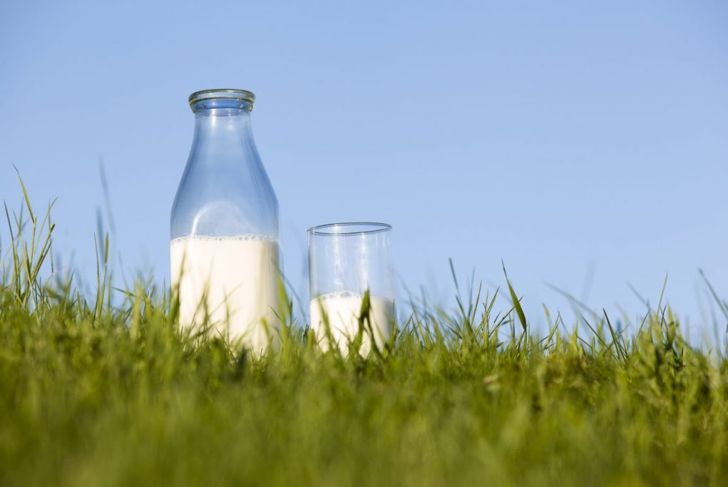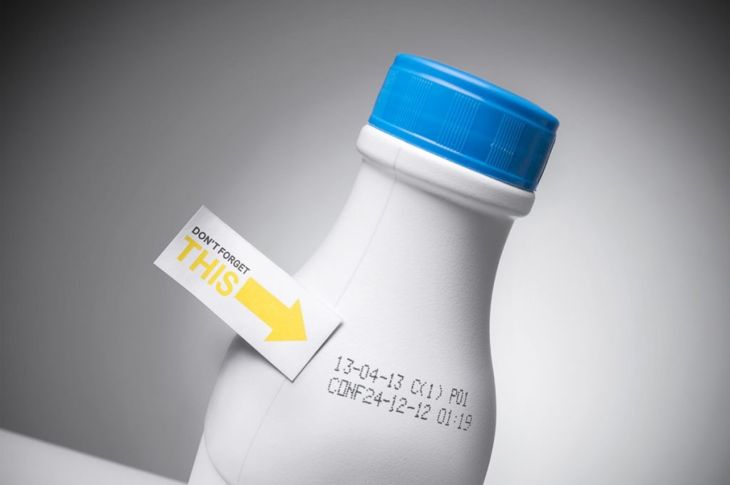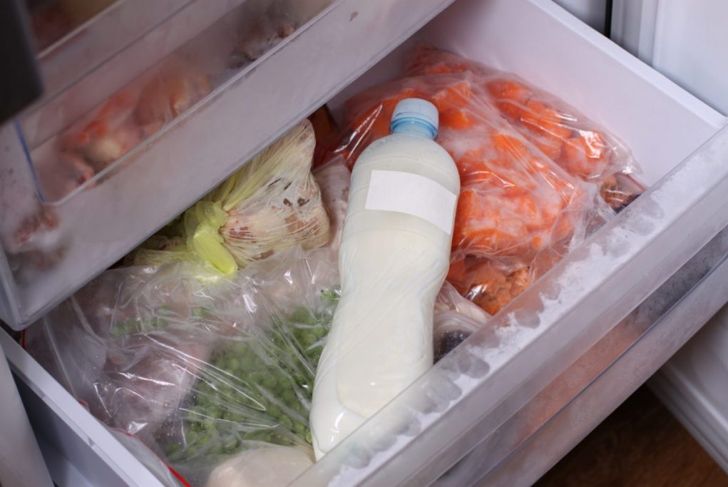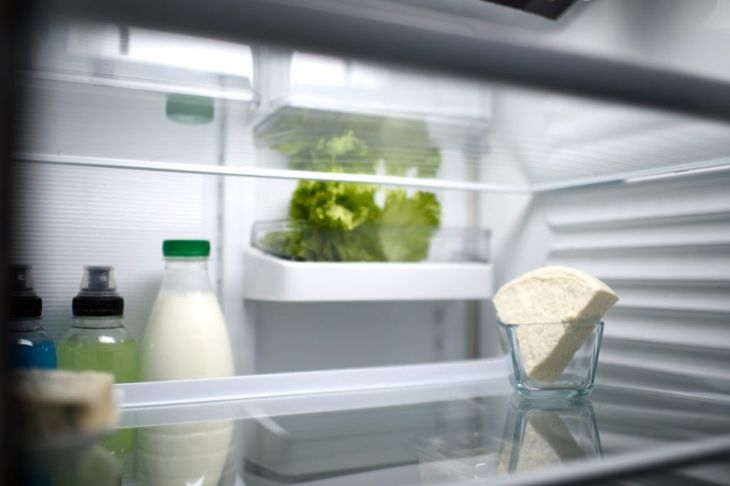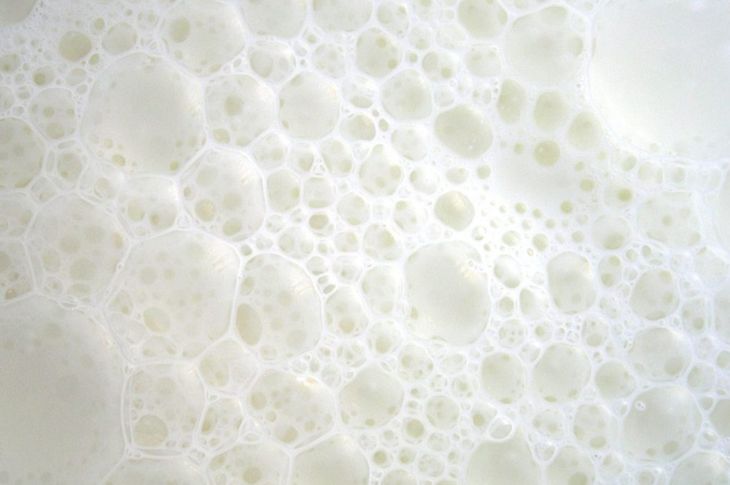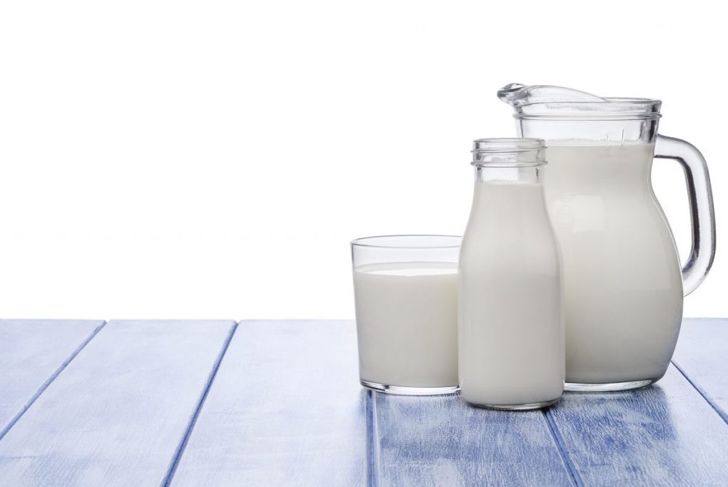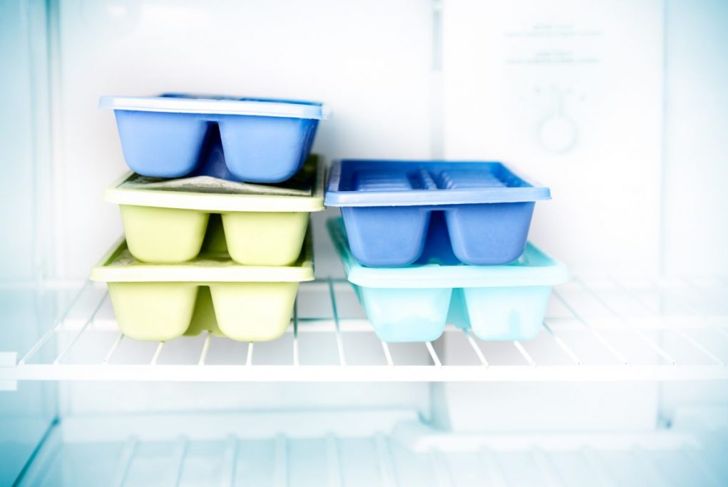Do you spend too much time dreading that you’ll open the fridge to expired milk? Or perhaps you’re hoping to save some money and make the most of a sale on milk at the store. So if you’ve ever wondered “can you freeze milk?” The answer is yes! Milk that has been thawed is safe to drink, and it doesn’t affect the nutritional value. So whatever your reasons, milk freezing is perfectly safe. Here are some things you want to keep in mind.
Milk Expands
When milk freezes, you’ll find that it fills more of the container than when it’s in liquid form. While this doesn’t sound like a big deal, if you have frozen your milk in a glass jar, it can cause the glass to shatter. Even if it is in a plastic bottle, it can burst in the freezer and make a mess. To prevent this, make sure that you have emptied a cup or so of milk from the container. This gives the milk all the room it needs to expand.
Add A Date
Freezing your milk basically puts a pause on the expiration of the product until it is thawed again. However, once frozen, it can be hard to remember when it was that you actually put the bottle in the freezer. It makes sense then to label the milk with the date of freezing. That way when it’s thawed, you’ll know how many days you have before it expires. If you want to make your life even easier, you can write on the number of days the milk has before it expires. Once it’s thawed, you’ll know it should be consumed within that window of time.
2-3 Months
When it comes to how long milk can last in the freezer, the honest answer is that it will last as long as you need it to. However, given the nature of milk, it will begin to absorb the odors and flavors of other things in the freezer. While not a harmful thing, this will make the milk less enjoyable to drink. As a general rule, 2-3 months is probably the longest that you want to freeze milk for.
Thaw Milk In The Fridge
When it comes to thawing your milk so that it’s safe to consume, you want to focus on a steady process, rather than a speedy one. The best way is to just transfer the container of milk from the freezer into the refrigerator and allow it to transform back into a liquid in its own time. Don’t rush it. This whole process can take up to three days for it to thaw completely, so make sure that you factor this into your plans. You’re not going to be able to take your milk out of the freezer and use it the same day.
Milk Changes After Freezing
When the milk has thawed completely, you’re likely to notice some differences in the texture that it becomes. This is because in the freezing process, the fat separates and this can give the milk a grainy type texture. It’s worth bearing this in mind as many people don’t enjoy drinking once-frozen milk directly because of this. One way to ease this is to make sure you shake the milk vigorously before you pour it out. Otherwise, you could use a blender to mix the fats back into the milk. Your best bet is to freeze a small amount of milk and thaw it to see how you feel about the texture. If you don’t want to drink it, you can still use it for baking, cooking, or smoothies.
Avoid Room Temperature
When it comes to thawing your milk out, make sure you do not thaw it at room temperature. Just like unfrozen milk, you don’t want to ruin the quality of your milk or risk anything unpleasant happening if the milk gets too warm. However, if you’ve forgotten that you need to thaw your milk, there is a way to speed up the process. Fill the sink with cold water, and put the container in it. When the water warms to room temperature, replace with more cold water. This will give you a head start on thawing the milk, and the process can be finished in the refrigerator.
5-7 Days
Once your milk has thawed, you need to make sure that you have served it within 5 to 7 days. However, this is going on the basis that your milk was fresh when it was frozen. If your milk was less than fresh when you initially froze it, it’s not going to have gotten any fresher. Freezing milk is about storage, not about reviving almost spoiled milk.
Can you freeze buttermilk?
If you’re used to buying buttermilk for specific recipes, you’ll know the frustration when the rest of the carton has spoiled before you can work out what to do with it. The good news is that buttermilk freezes just as well as regular milk, and will keep just as long. If you’re planning on using your buttermilk for recipes later, you can even freeze buttermilk into an ice cube tray and once they have frozen, transfer them to a freezer bag.
Can You Freeze Heavy Cream?
Yes, you can, in fact, freeze heavy cream also. The general rules of freezing daily apply across the board.
- Dairy expands, so make sure that you put it with some space in the container.
- When thawing your dairy, do so in a fridge, not at room temperature.
Like milk and buttermilk, you can also freeze heavy cream in ice cube trays. Doing so gives you the freedom to then add portions of milk to recipes as and when you need them, instead of waiting for a full container to thaw.
Dairy cubes conversion table
Once you have frozen your dairy into ice cubes, it helps to work out how many you will need in order to cook with them.So long as you are using a standard ice cube tray, you’ll find that each individual block is a 1-ounce cube. These measurements are based on using this kind of tray; however, if you want to make certain, you should measure your tray.
- Two cubes: 1/4 cup of milk, or 4 tablespoons
- Four cubes: 1/4 cup of milk, or 8 tablespoons
- Six cubes: 3/4 cup of milk, or 12 tablespoons
- Eight cubes: 1 cup of milk, or 16 tablespoons

 Home
Home Health
Health Diet & Nutrition
Diet & Nutrition Living Well
Living Well More
More